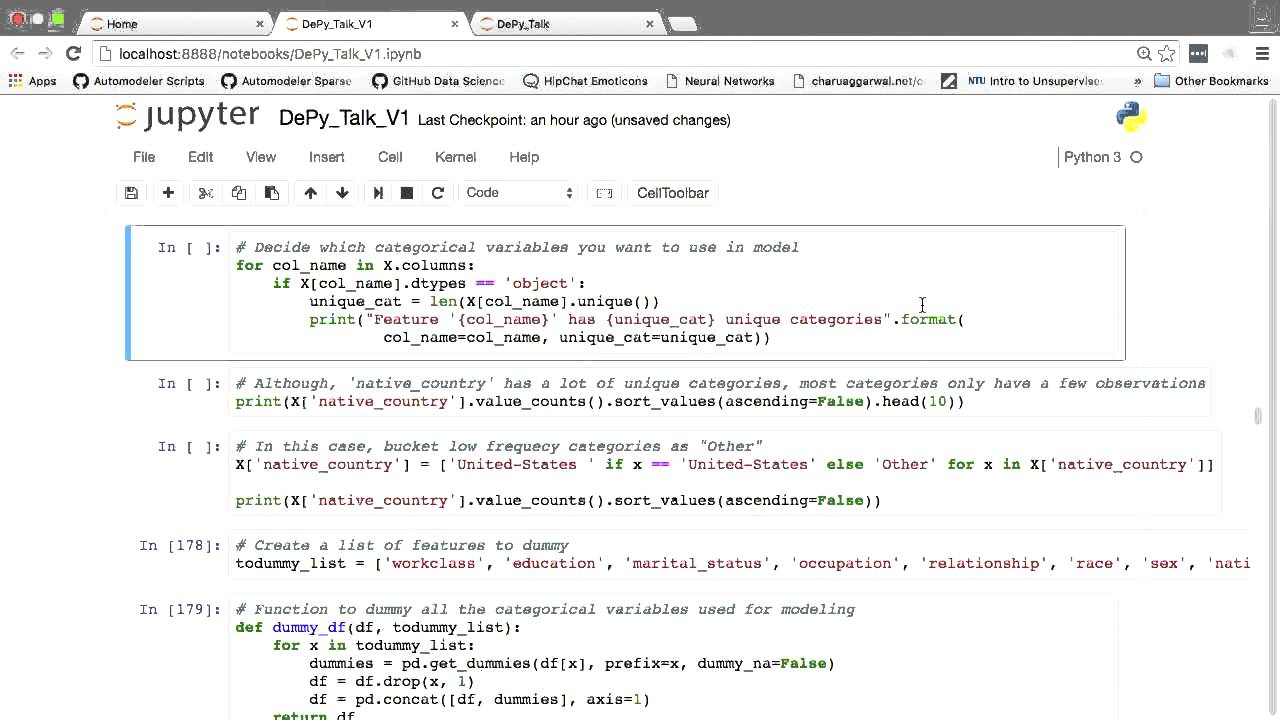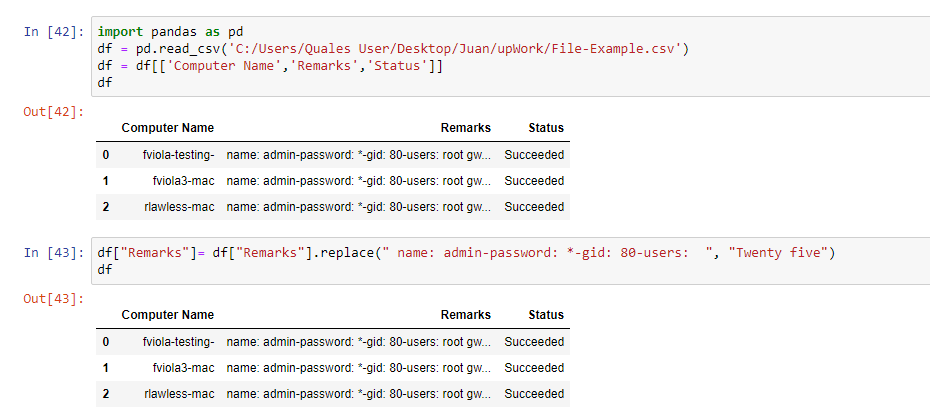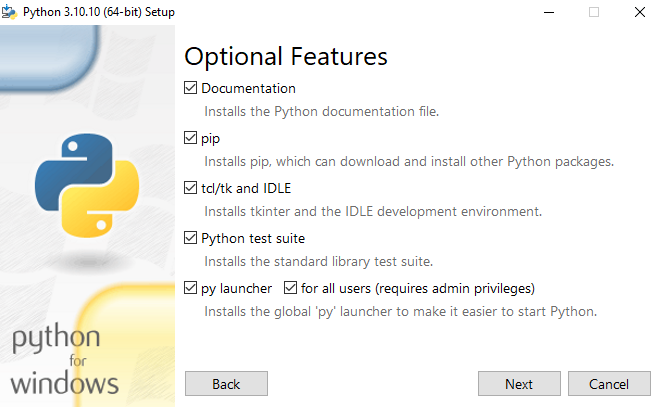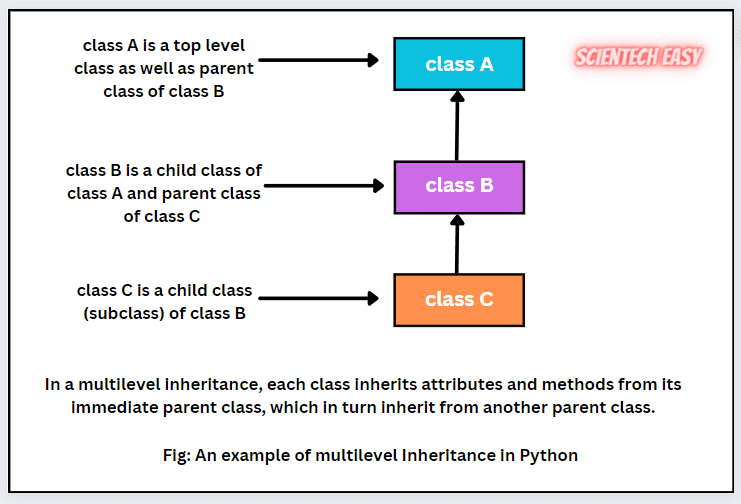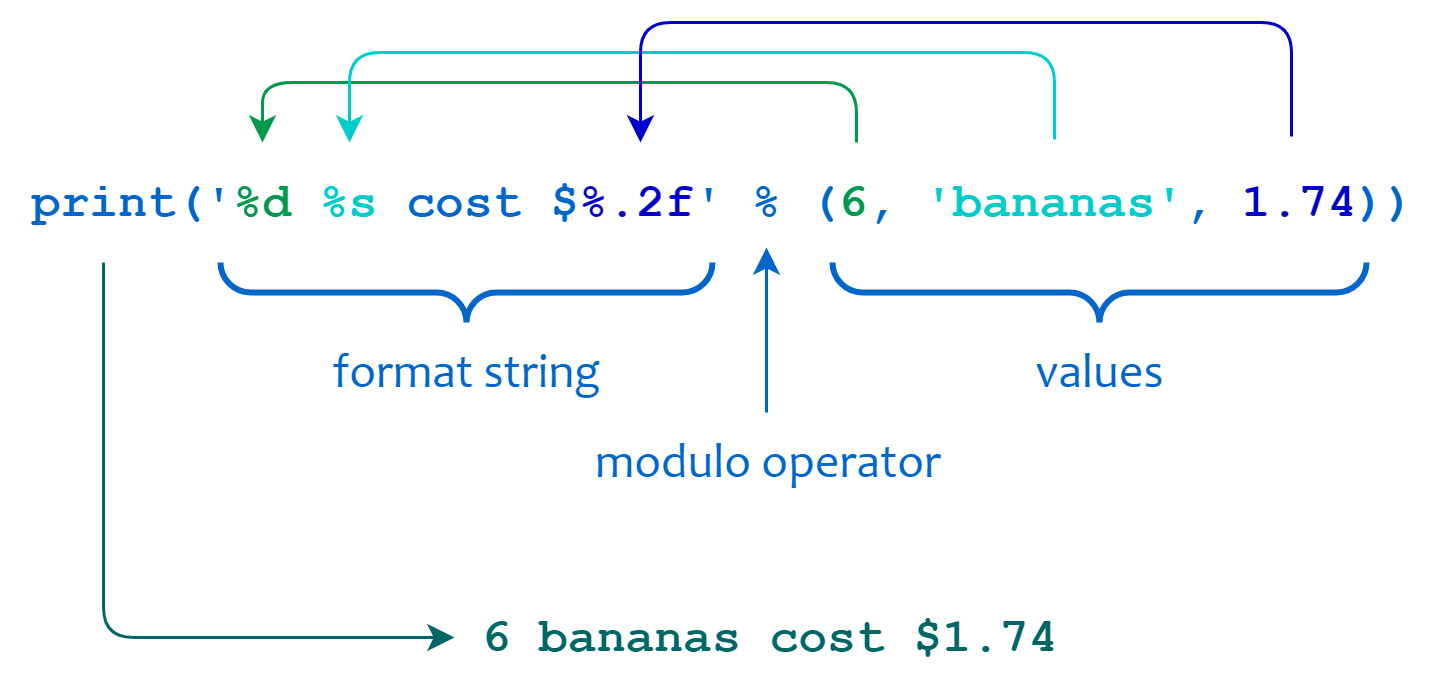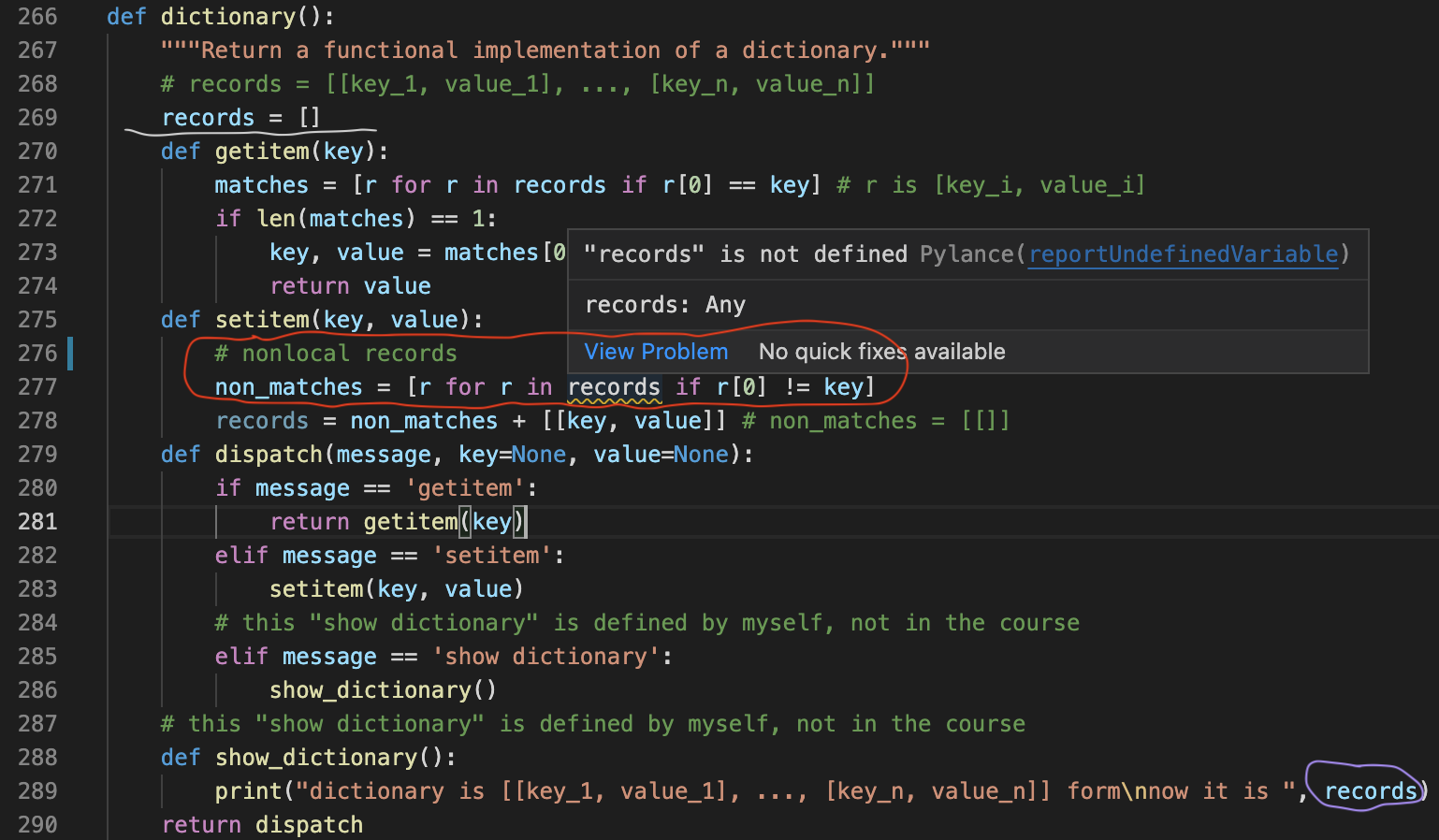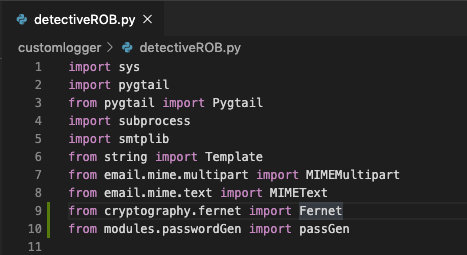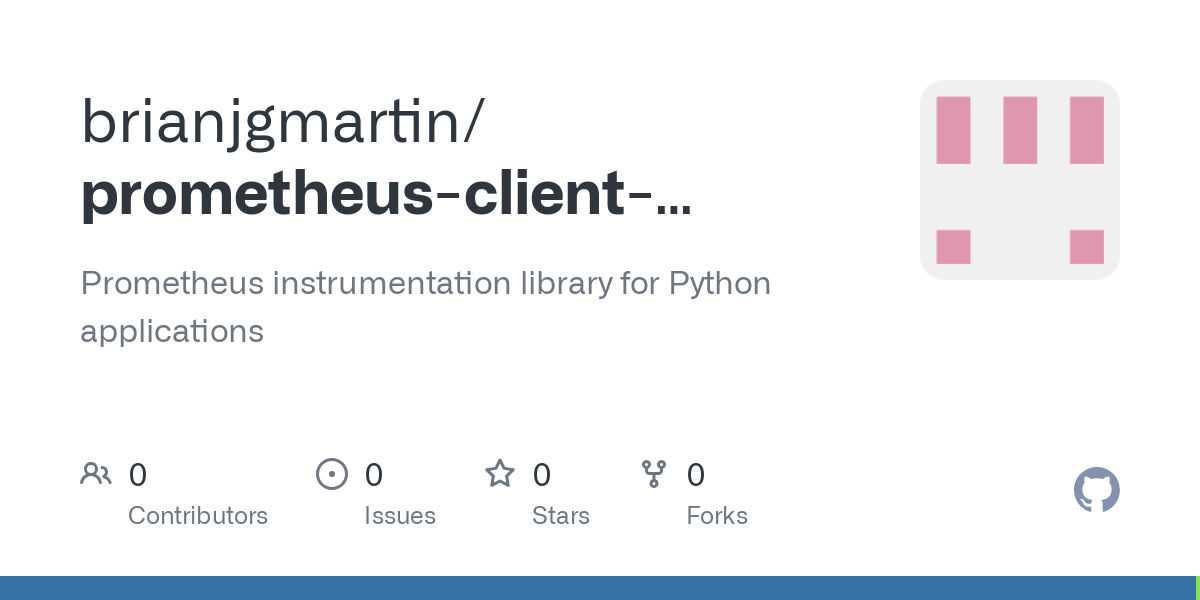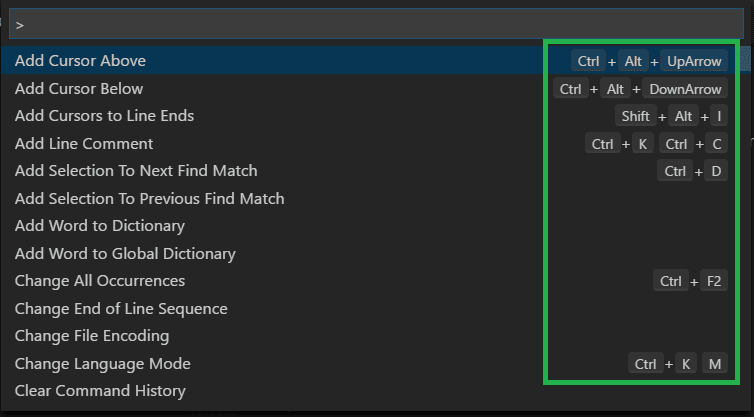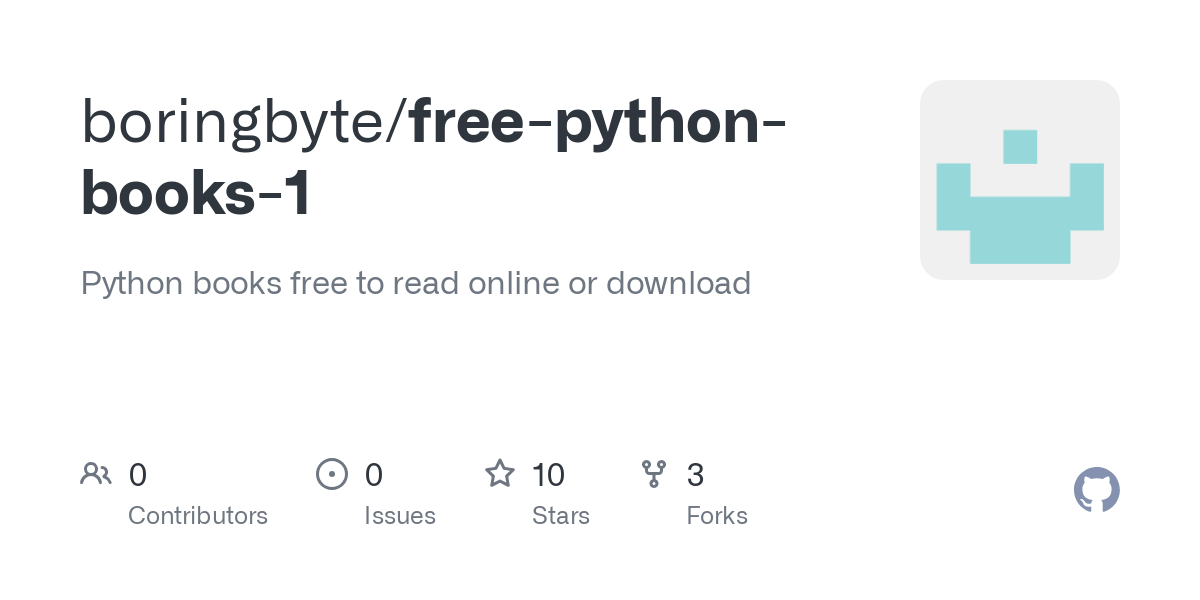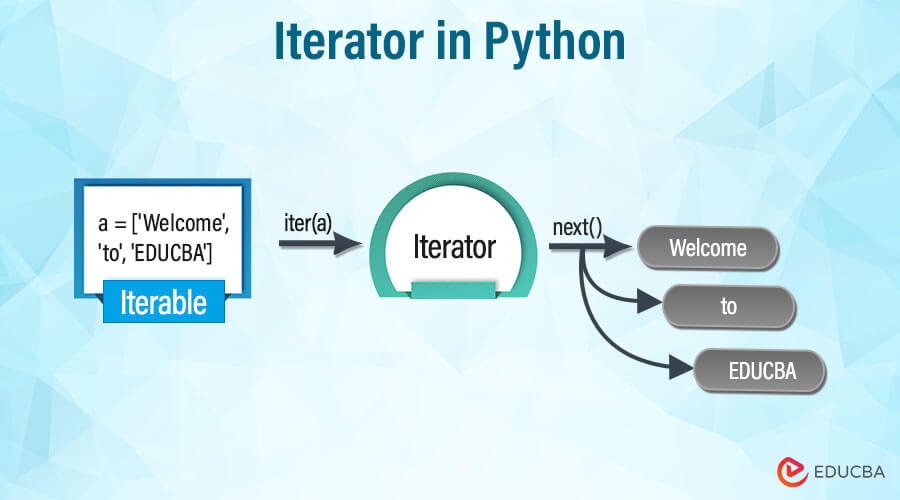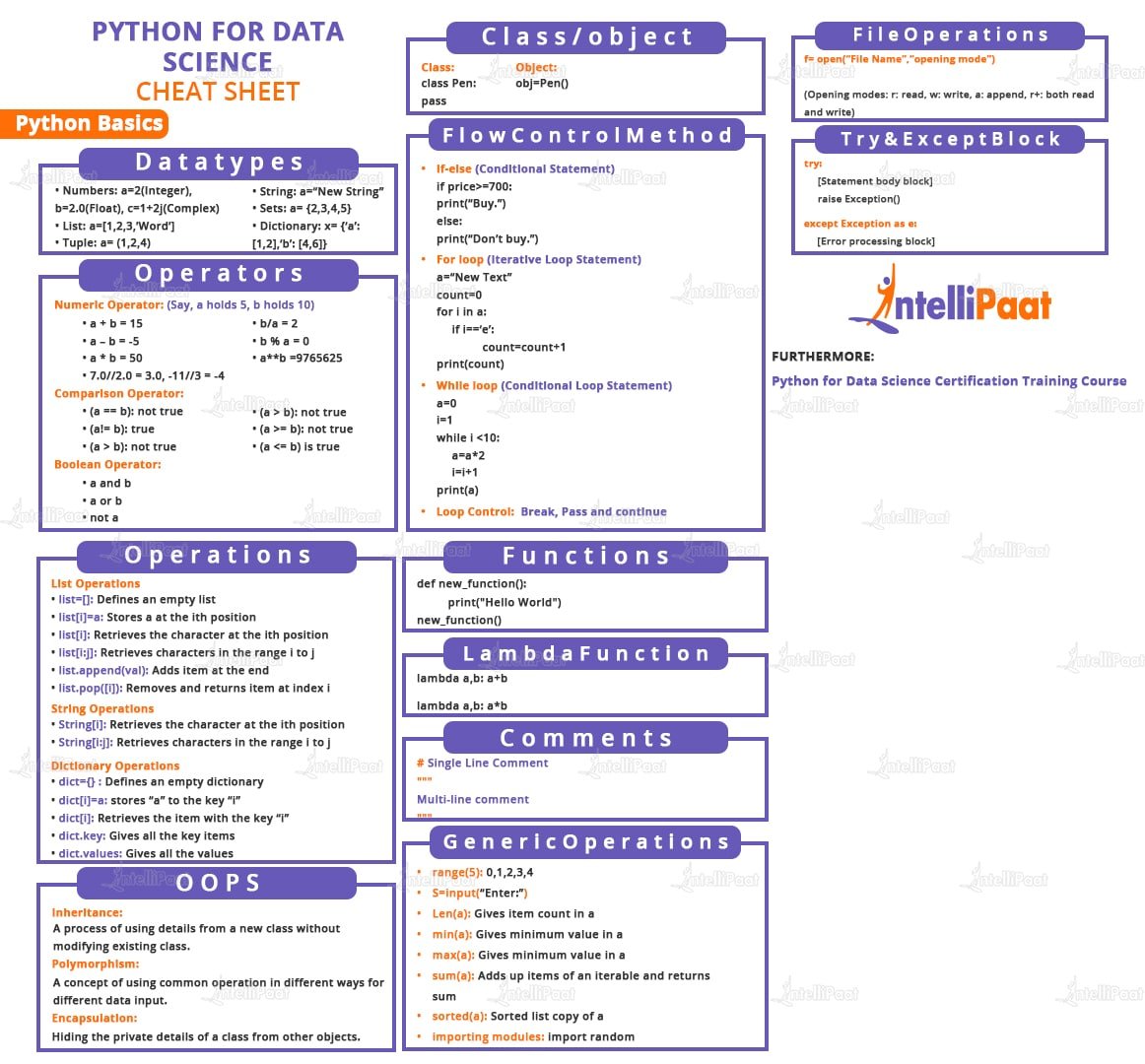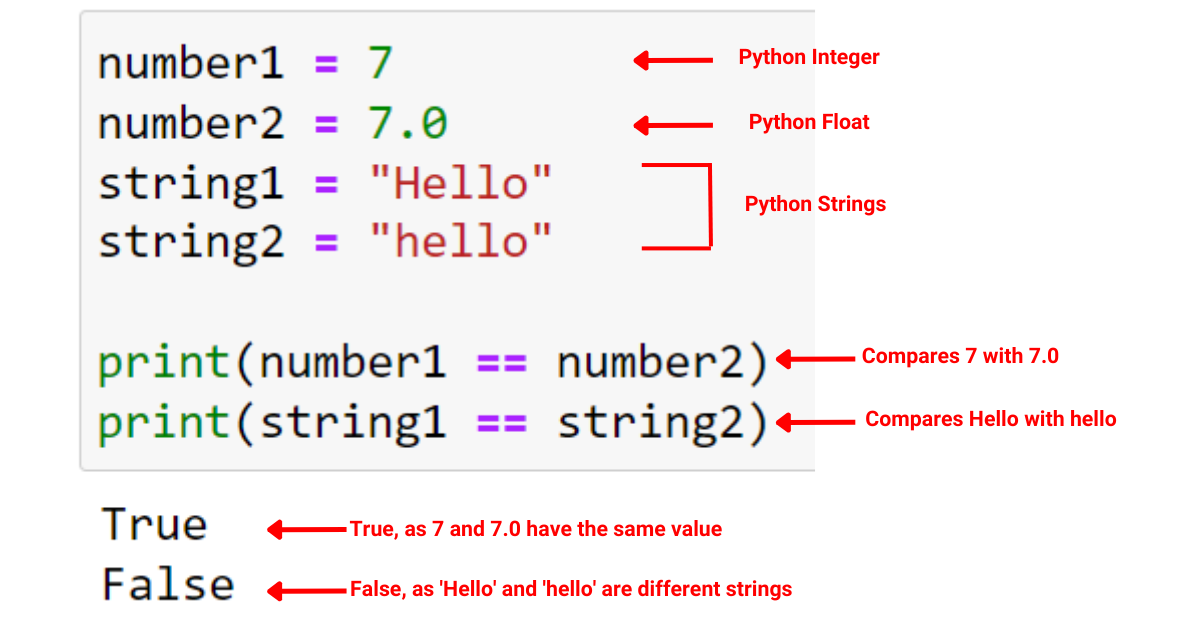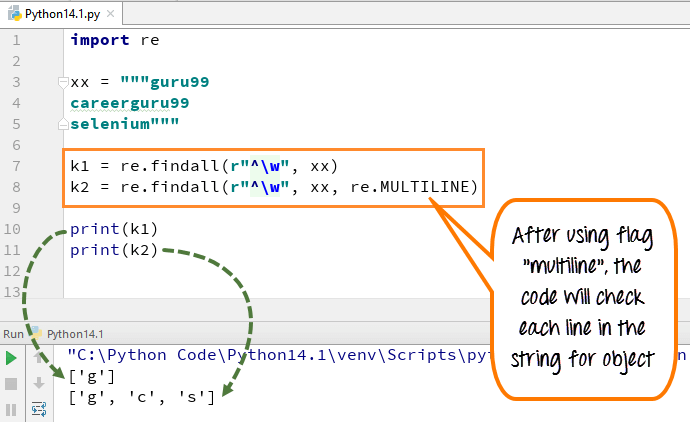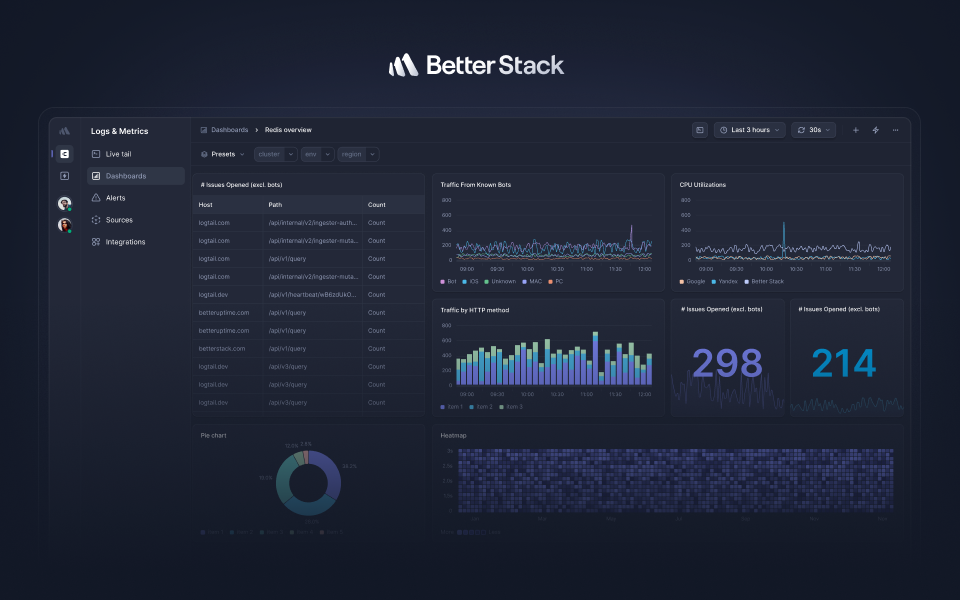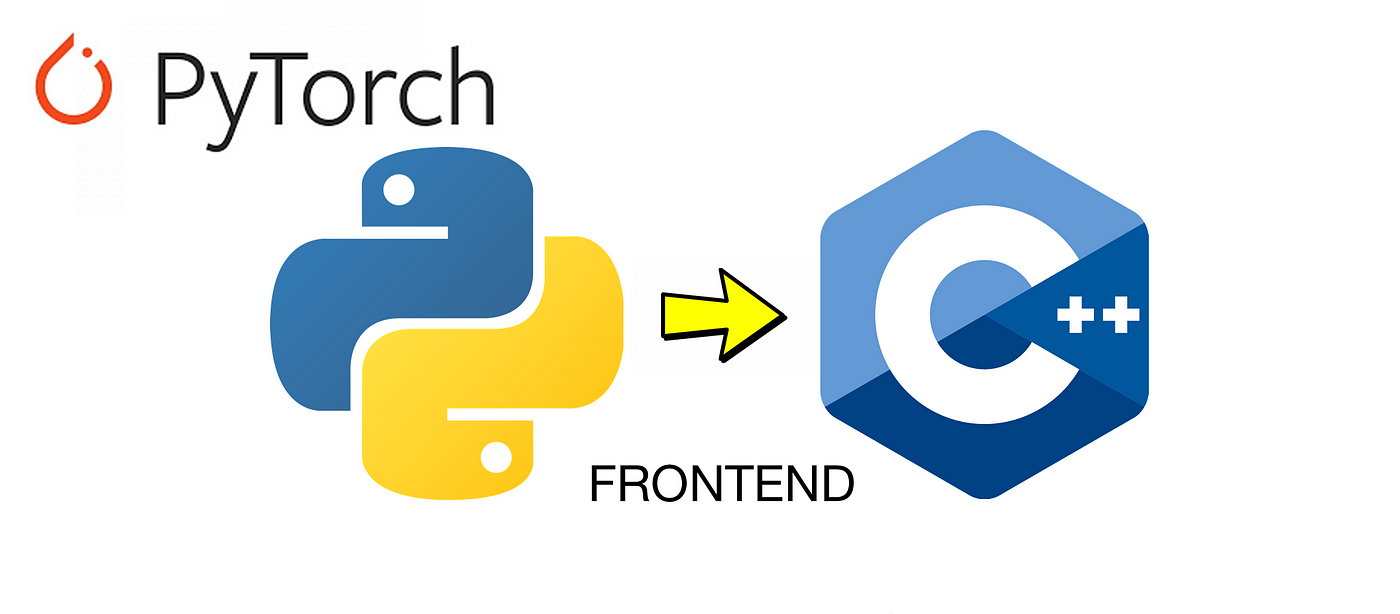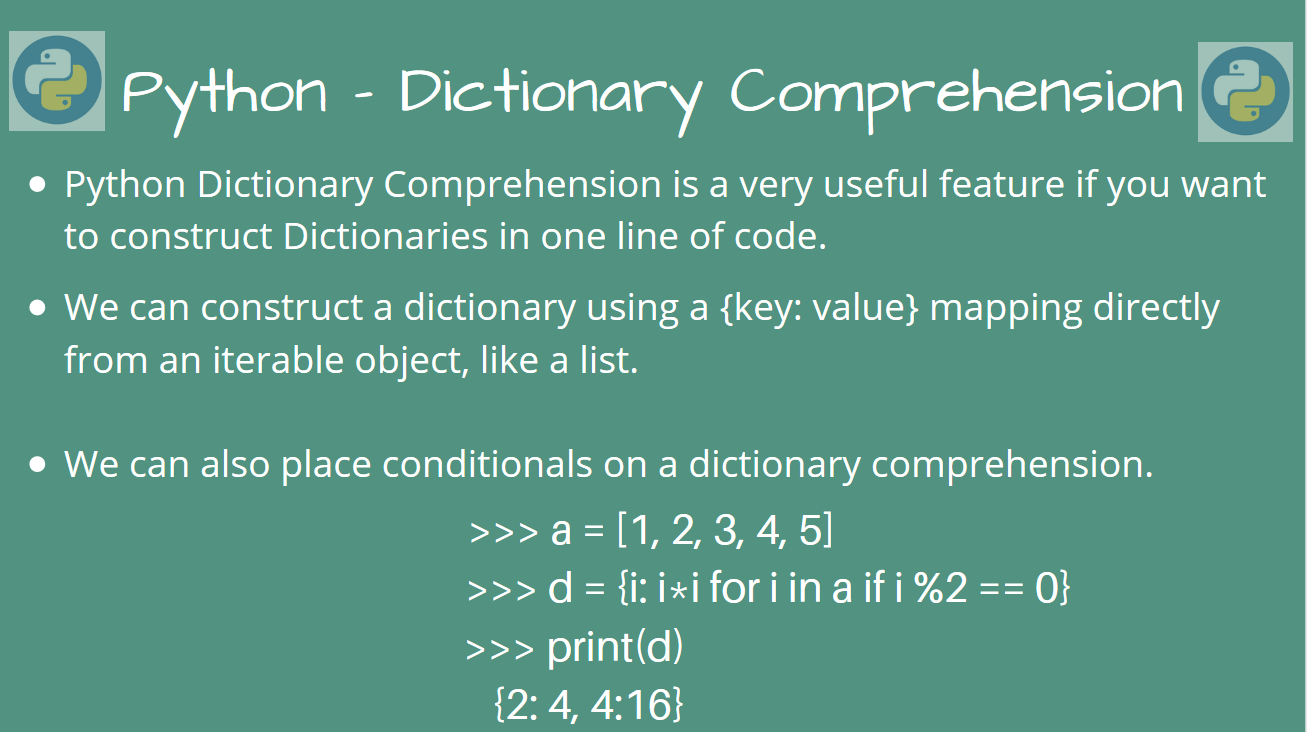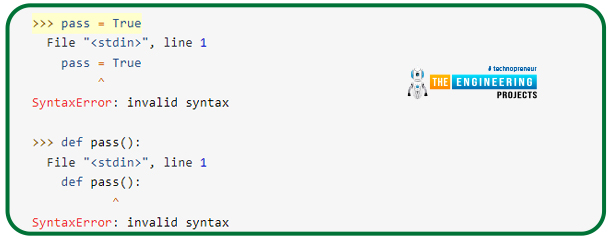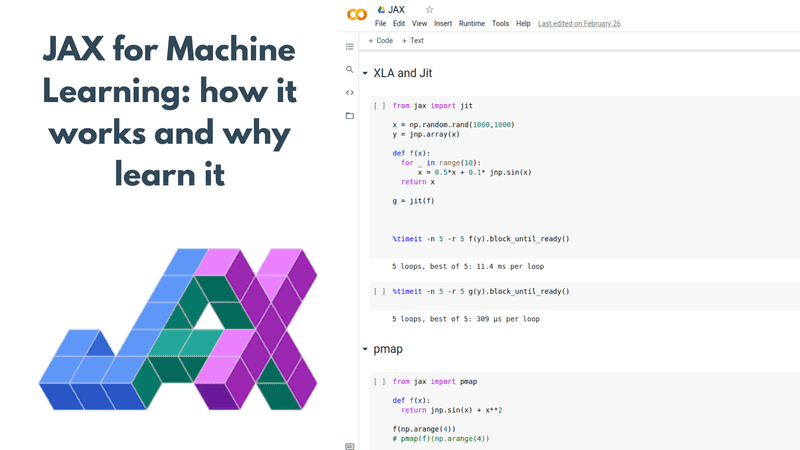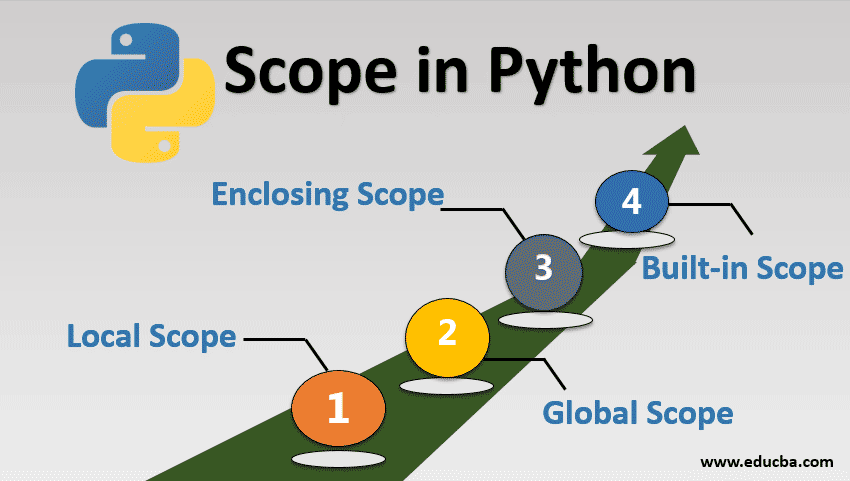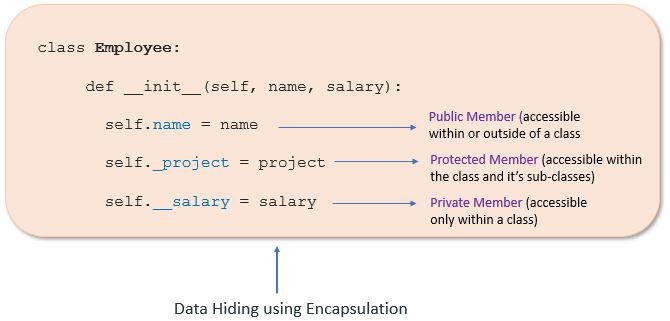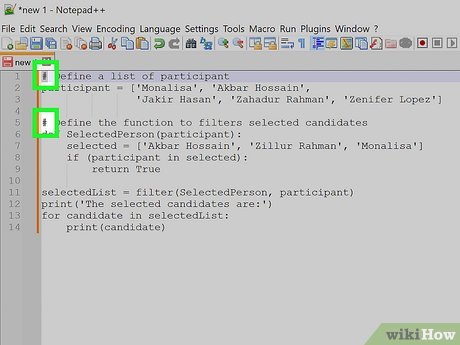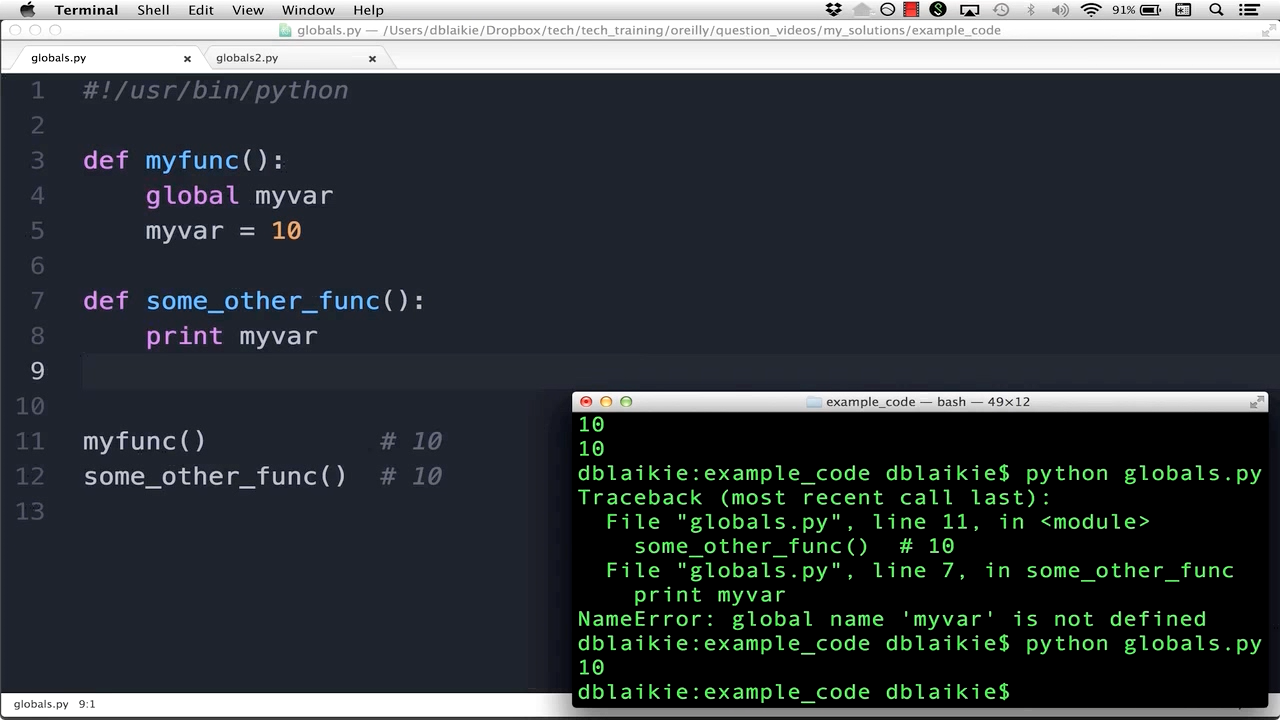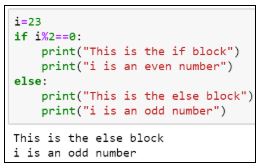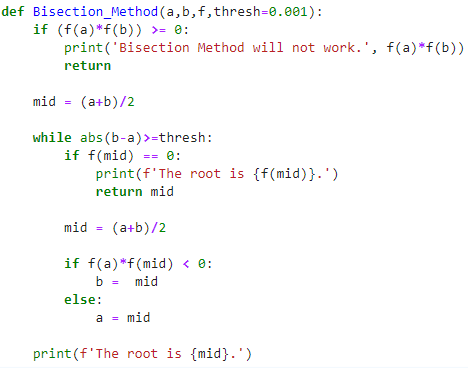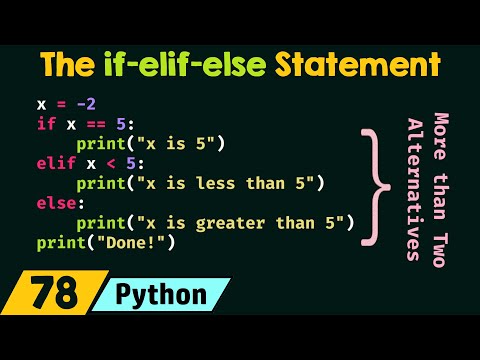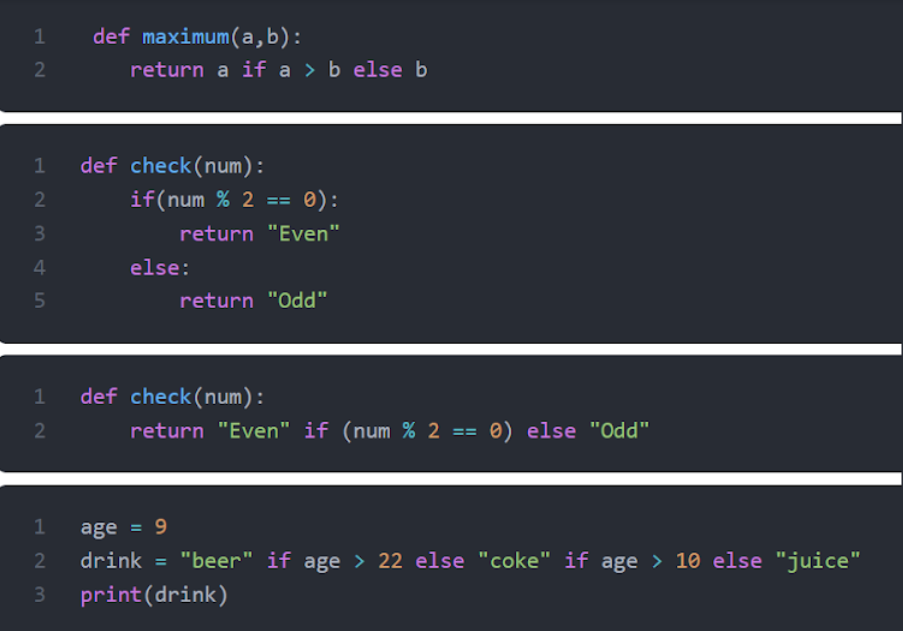Can I learn Python in a month
Can I learn Python in a month
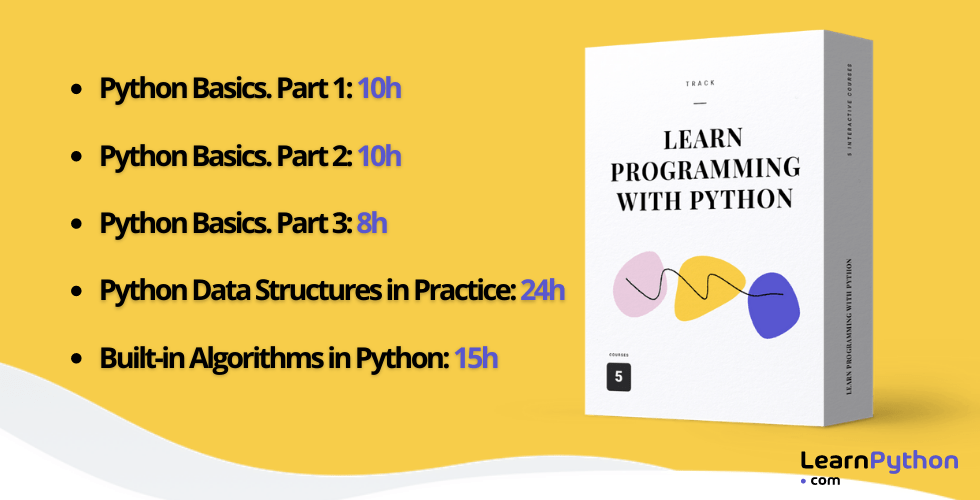
I'm happy to respond in English for you!
The answer to whether you can learn Python in a month is a resounding "maybe." While it's technically possible to learn the basics of Python in a short amount of time, becoming proficient and being able to apply your knowledge effectively will require more time.
Here's why:
Python fundamentals: You'll need to grasp basic concepts like data types, variables, control structures, functions, modules, and object-oriented programming (OOP). This takes some time to digest, especially if you're new to programming. Practice and repetition: To become proficient, you need to practice writing Python code regularly. This helps solidify concepts in your mind and enables you to develop muscle memory for coding tasks. Contextual understanding: Python is a versatile language with various applications (e.g., web development, data analysis, machine learning). You'll want to learn specific contexts or libraries within the Python ecosystem, which requires additional time and effort.That being said, if you're determined to learn some Python in a month, here's a rough outline of what you can aim for:
Week 1: Introduction to Python and basics
Learn basic syntax, data types (e.g., strings, lists), variables, control structures (if/else, loops) Practice writing simple scripts using Python's interactive shell or a text editorWeek 2: Functions, modules, and OOP
Understand functions, lambda functions, and modules Explore object-oriented programming concepts like classes, inheritance, and polymorphismWeek 3: File input/output, data structures, and libraries
Learn how to read and write files in Python Familiarize yourself with basic data structures (e.g., lists, dictionaries) Introduce popular libraries like NumPy or Pandas for data manipulationWeek 4: Advanced topics and projects
Delve into advanced concepts like generators, iterators, or asynchronous programming Work on small projects to apply your knowledge, such as building a simple calculator or scraping web dataRemember that this is an aggressive pace, and you should be prepared to spend most of your time learning. Don't worry if you don't grasp everything immediately; it's normal.
To make the most of your month-long Python journey:
Set specific goals for each week. Create a schedule for dedicated study time (e.g., 30 minutes daily). Use online resources, such as Codecademy, DataCamp, or edX courses, to supplement your learning. Join online communities (Reddit's r/learnpython, r/Python, or Stack Overflow) for support and Q&A.In conclusion, while it's possible to learn some Python in a month, becoming proficient will require more time and dedication. Be prepared to put in the effort, and you'll be well on your way to mastering this fantastic programming language!
Is Python easier than C++?
The age-old debate!
Python and C++ are both powerful programming languages, each with its unique strengths and use cases. While it's difficult to declare a definitive winner, I'll provide an objective comparison to help you decide which one might be "easier" for you.
Ease of learning: Python
Python is generally considered easier to learn, especially for beginners. Here are some reasons why:
Syntax: Python's syntax is more readable and concise than C++. It uses indentation to define code blocks, making it easier to understand and maintain. Dynamic typing: Python is dynamically typed, which means you don't need to declare variable types beforehand. This flexibility reduces the cognitive load and lets you focus on programming logic. ** Forgiving nature:** Python has a more lenient approach to errors. It will often raise an exception instead of crashing or producing incorrect results. This makes it easier for beginners to learn from their mistakes. Large community: Python has a massive following, which translates to abundant resources (tutorials, documentation, forums) and a wide range of libraries and frameworks.Ease of learning: C++
C++ is considered more challenging to learn due to its:
Complex syntax: C++'s syntax can be overwhelming, with many rules and exceptions to follow. Static typing: You need to declare variable types beforehand, which requires a deeper understanding of programming concepts. Error handling: C++ has a less forgiving error-handling mechanism. It will often crash or produce incorrect results if you make mistakes, making it more difficult for beginners to learn. Steeper learning curve: C++ is built upon a strong foundation of computer science concepts (pointers, memory management, etc.), which can be overwhelming for newcomers.When to choose Python:
Rapid prototyping and development Data analysis and machine learning Web development (e.g., Django, Flask) Scientific computing and simulationsWhen to choose C++:
Game development (native games) System programming (operating systems, device drivers) High-performance applications (scientific simulations, cryptographic algorithms) Embedded systems or microcontrollersIn conclusion, while both languages have their strengths and weaknesses, Python is generally considered easier to learn for beginners. C++, on the other hand, requires a deeper understanding of programming concepts and computer science principles.
Ultimately, the choice between Python and C++ depends on your goals, experience, and the type of project you want to work on. If you're unsure, start with Python and then move to C++ when you have a solid foundation in programming.
